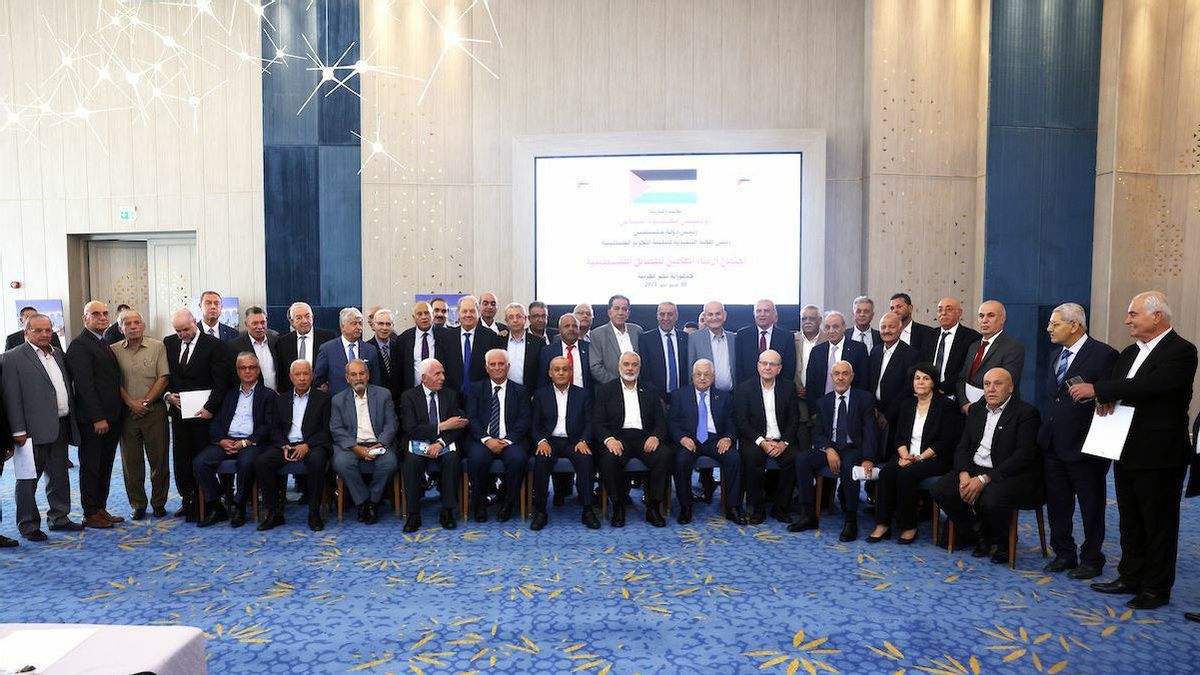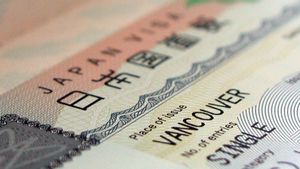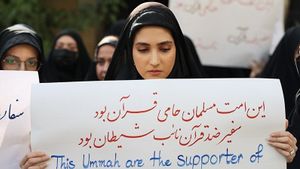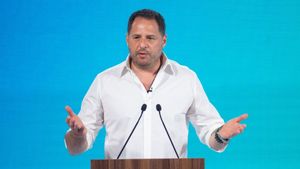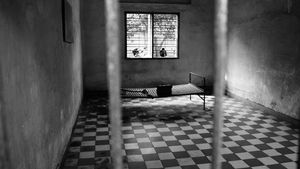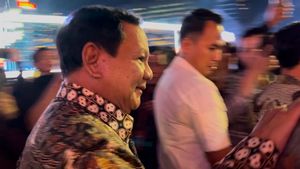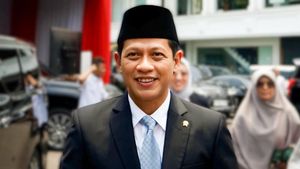JAKARTA - Reconciliation talks between rival Palestinian factions have failed to achieve political progress, analysts say, despite growing pressure to forge a united front against Israeli aggression in the West Bank.
President Mahmoud Abbas, of the Fatah party, sat down with rival political groups, including Gaza-based Hamas, in talks in Cairo on Sunday that were touted by some as an opportunity to mend the rift that has lasted for decades. years among Palestinian organizations.
President Abbas describes the rift between Hamas and Fatah as today's "nakba", an Arabic word meaning catastrophe that also refers to the mass displacement of Palestinians during the creation of the state of Israel in 1948.
This assessment comes after previous failed attempts to mend differences, since the two sides split in 2007.
On Sunday evening, President Abbas announced only a vague intention to set up a "follow-up committee", which was seen as a sign the talks in Cairo have gone nowhere.
"The formation of a committee does not bode well," Ghassan Khatib, a former Palestinian minister, told The National News as quoted on August 1.
"Had there been an achievement, it would have been announced by now," he continued.
The reconciliation efforts come as Israel's right-wing government is pushing forward with one of its toughest agendas regarding the Palestinian territories in recent years, especially in the occupied West Bank.

This includes increased settlement activity, near-daily military offensives and a large-scale security operation in the northern Palestinian city of Jenin in early July.
Despite these challenges, divisions among Palestinian political organizations are still striking, especially between the Palestinian Authority led by Abbas and Hamas.
Palestinian Islamic Jihad, the militant organization responsible for a spate of rocket fire on Israeli territory this year, boycotted the talks.
Separately, Hugh Lovatt of the European Council on Foreign Relations said divisions had hardened since Abbas called off national elections in 2021.
"The Palestinian Authority is now stepping up its detention campaign against members of Hamas and Islamic Jihad as they expand their military confrontation against Israel in the West Bank," Lovatt said.
"Against this backdrop, Palestinian reconciliation is still far from hopeful," he said.
During the meeting, Abbas' main rival, Hamas leader Ismail Haniyeh, called on Palestinians to exploit "unprecedented internal divisions" in Israel.
Israel is currently witnessing the largest protest movement in its history, after Prime Minister Benjamin Netanyahu attempted to pass a highly controversial judicial overhaul.
Haniyeh said "this window of opportunity requires Palestinians to think collectively and take extraordinary decisions".
CAIRO: The heads of several Palestinian factions including, Fatah and Hamas, are in the Egyptian capital for talks.
Palestinians hope it will be the beginning of a reconciliation, and national unity. pic.twitter.com/80tnSL2dx5
— Hamdah Salhut (@hamdahsalhut) July 30, 2023
However, Khatib said a collective approach was impossible, given Hamas's sizeable demands if it were to join a unity government.
He said Hamas' push to join the Palestine Liberation Organization (PLO), which is led by Mahmoud Abbas, was very difficult for mainstream Palestinian politicians to accept.
There are fears that if Hamas, designated a terror organization by some Western countries, joins, it will undermine the PLO's decades-long recognition by the international community as the sole legitimate representative of the Palestinian people.
"Hamas does not feel obligated to make concessions in the negotiations," Khatib explained.
"They are in comfortable control of Gaza and have enormous popularity in the West Bank because of their image as the true resistance," he said.
"Meanwhile, Fatah, which is under Israeli pressure, sees its popularity declining rapidly. They are parties that need a partnership," said Khatib.
The lack of progress comes despite high-level reconciliation efforts from Egypt, which organized the meeting.
VOIR éGALEMENT:
During his stay in Egypt, President Abbas also said he intends to hold general elections if Palestinians in Israeli-annexed East Jerusalem can participate.
It is known that the absence of Palestinian presidential or parliamentary elections since 2006 is the main reason many consider the PA to be corrupt. There are fears within the organization that the vote will be lost to Hamas, which is seen by many Palestinians as a stronger opponent to Israel.
After Sunday's talks, President Abbas met with Egyptian President Abdel Fattah El Sisi on Monday in the coastal city of New Alamein, according to a report by Palestinian news agency Wafa.
The English, Chinese, Japanese, Arabic, and French versions are automatically generated by the AI. So there may still be inaccuracies in translating, please always see Indonesian as our main language. (system supported by DigitalSiber.id)
